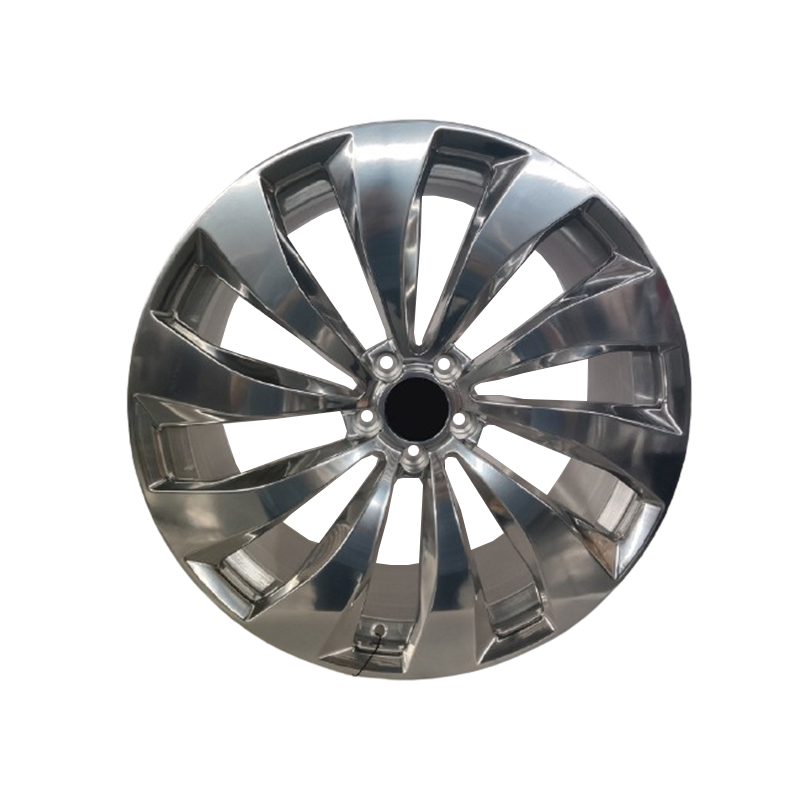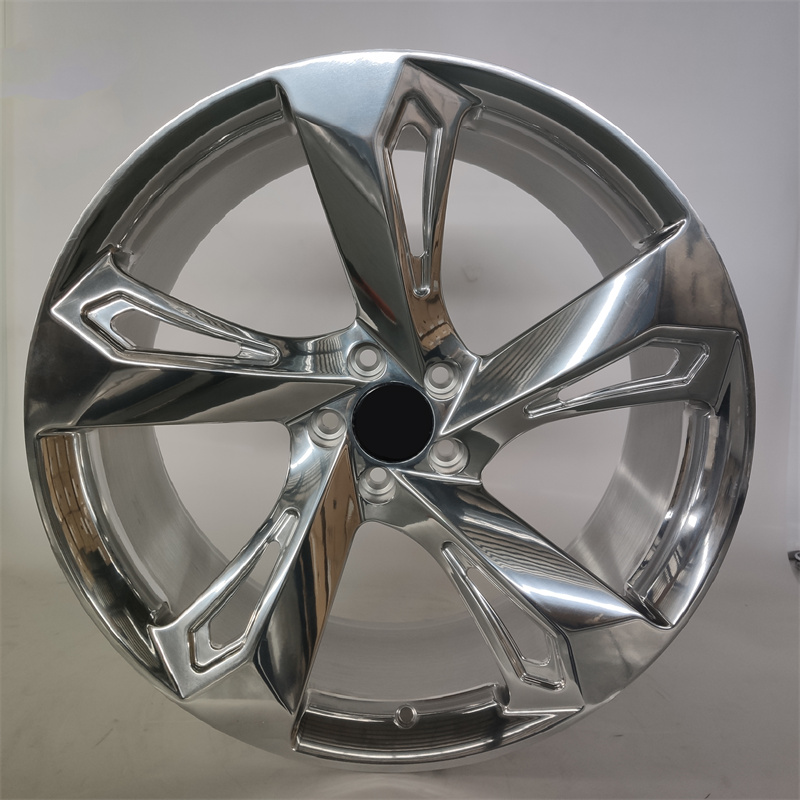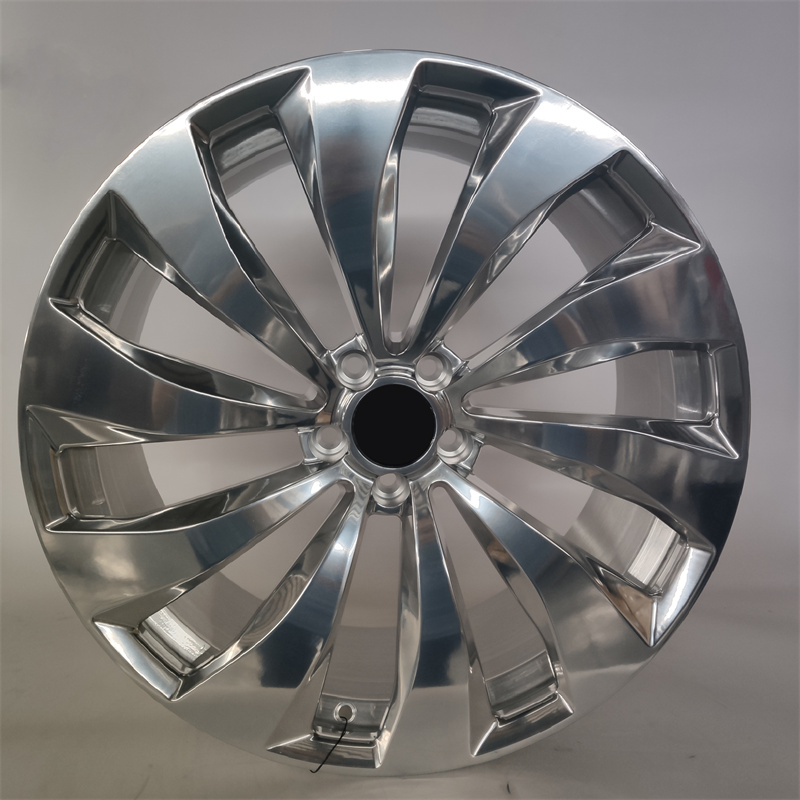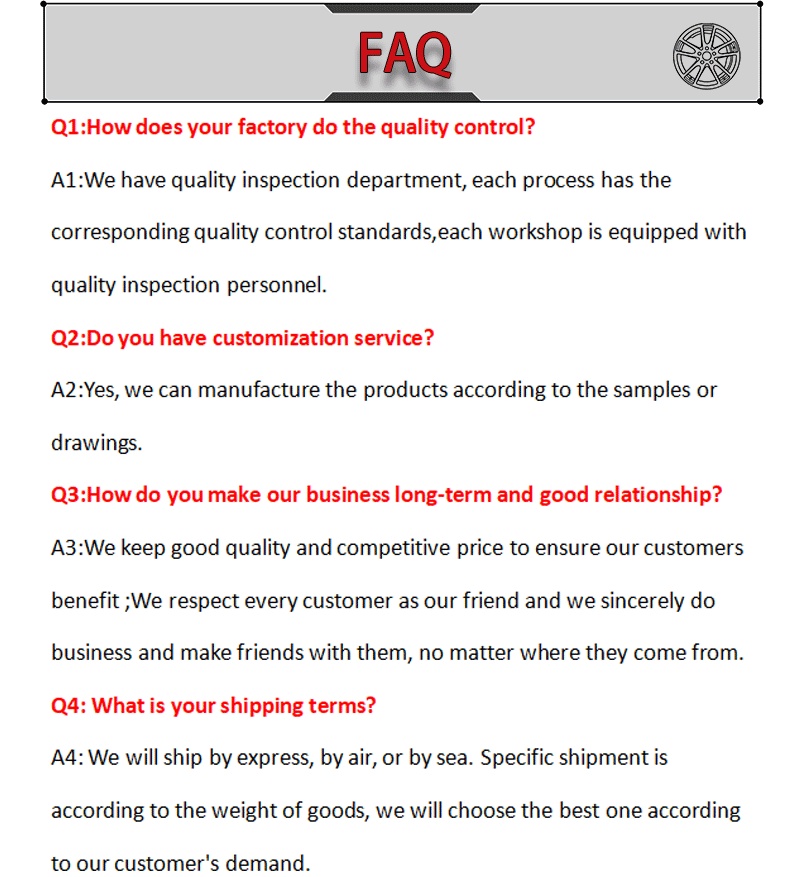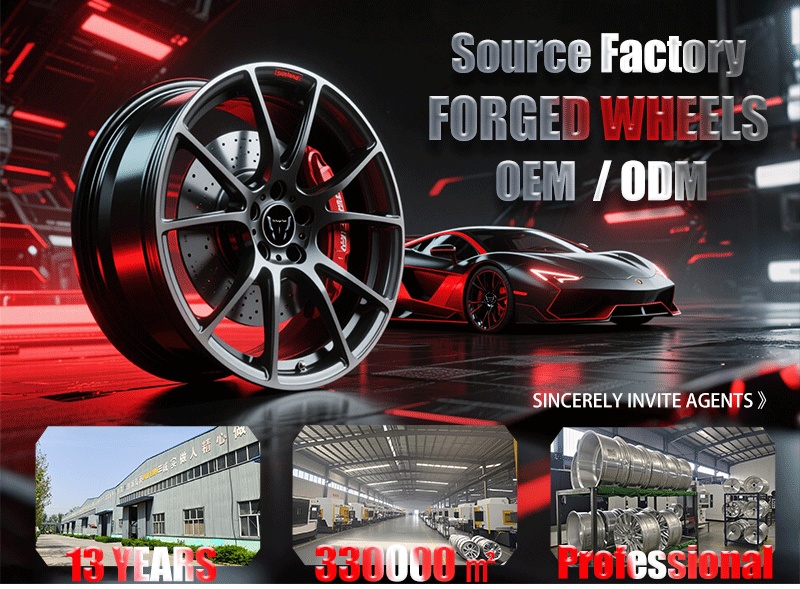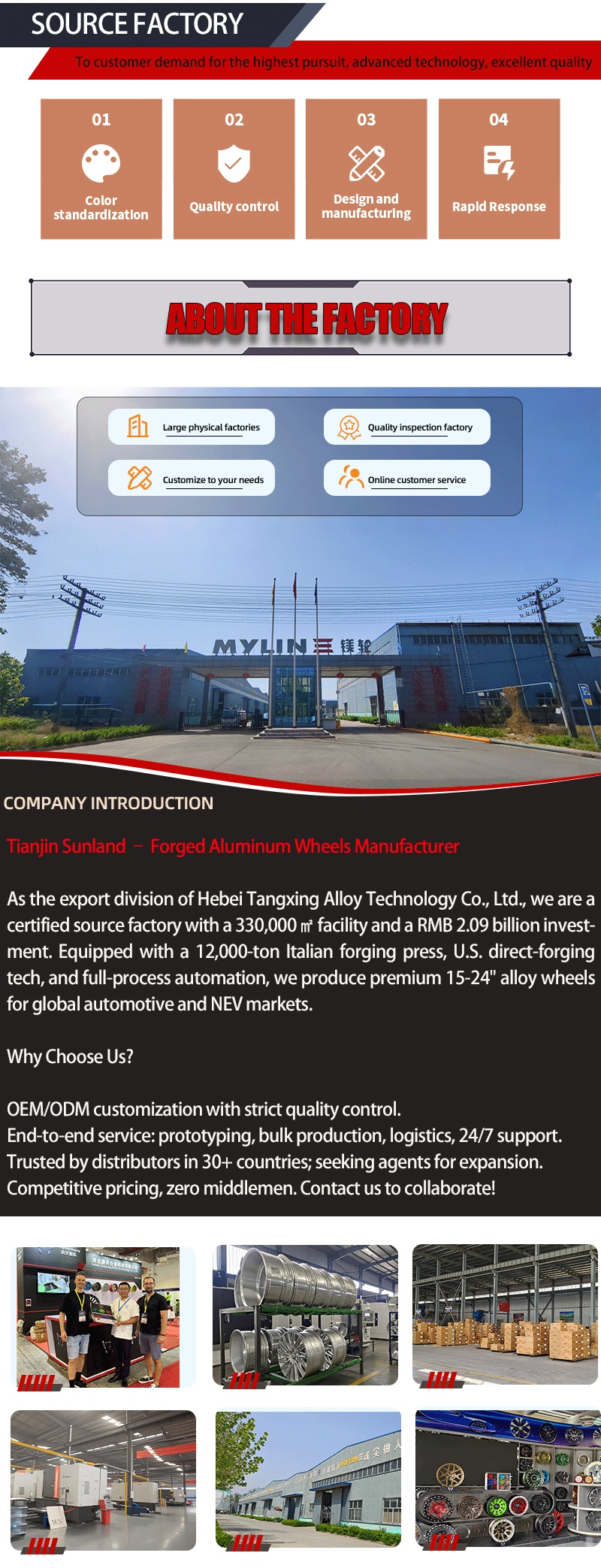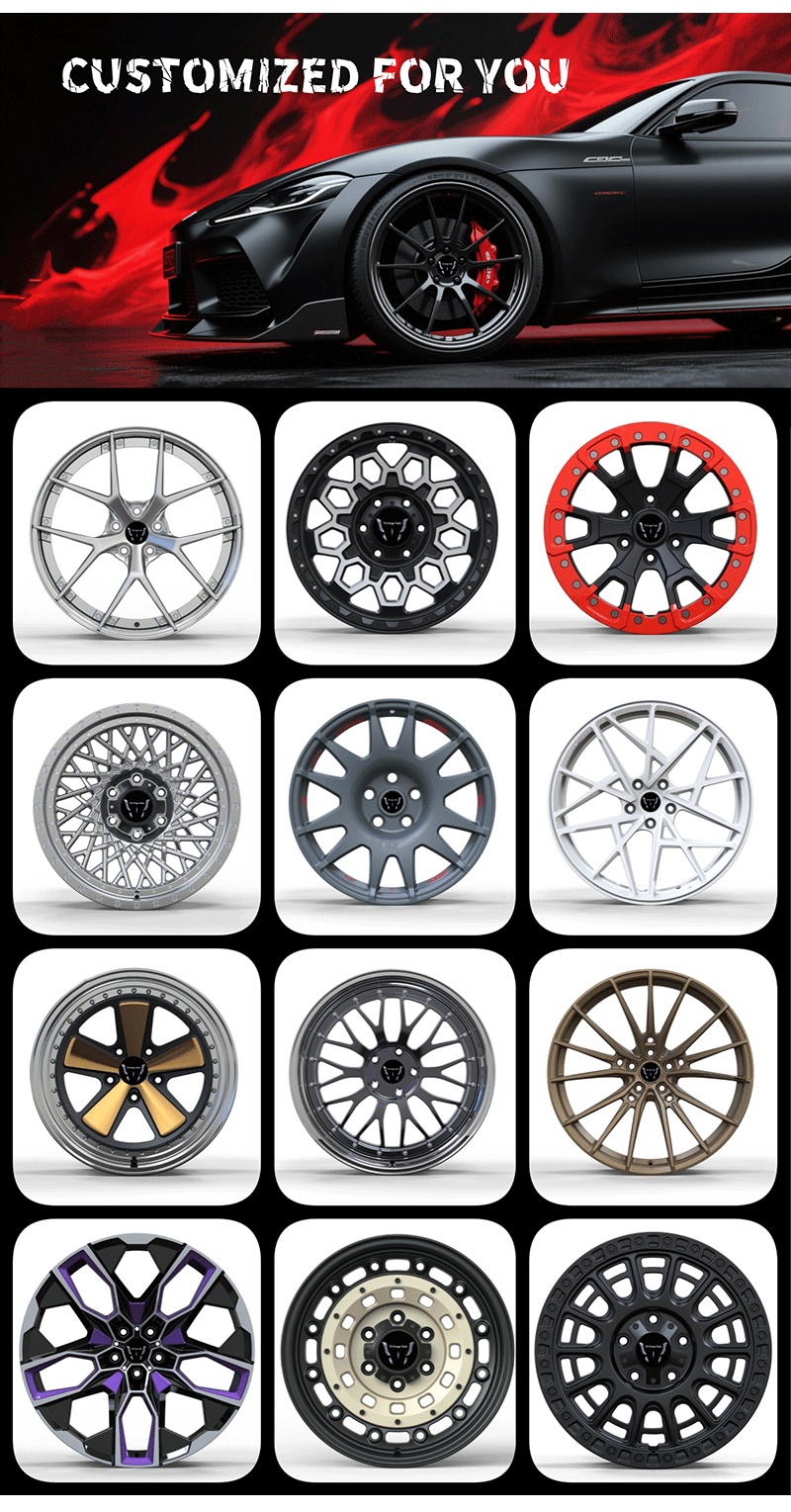forged alloy wheels rims 16/17/18/19/20/21/22 inch size car alloy wheel
Forging: a great combination of strength, lightness and ductility.
The mechanical and physical strength characteristics of a forged wheel are equally distributed throughout the wheel on a molecular level. The result is far greater strength and resistance than an equivalent cast wheel, vastly improving the performance of the wheel when faced with impacts and high levels of load stress.
A forged wheel is far lighter than an equivalent cast wheel. The weight reduction benefit of forged wheels serve to improve the overall performance of a vehicle by reducing the vehicle unstrung mass and improving the performance characteristics of the suspension, improving both road holding ability and dynamic cornering.
The lightweight characteristics of the forged wheel mean that it will demonstrate a lower angular momentum. In practical terms this lends an improved driving dynamic through lower power consumption during acceleration and better braking power.
Improve driving comfort. Due to the characteristics of the forged wheels, the driving direction is lighter after installation, and the high-speed driving is particularly stable, thereby improving the driving pleasure.
Good safety. For high-speed cars, it is not uncommon for tires to puncture at high temperatures and reduce braking efficiency due to tire friction and braking. The thermal conductivity of aluminum alloy is three times that of steel, iron, etc. In addition, due to the structural characteristics of aluminum alloy wheels, it is easy to dissipate the heat generated by tires and vehicle chassis into the air. Even in the case of long-distance high-speed driving or continuous braking on downhill roads, the car can maintain a proper temperature. Not only can the tires and brake drums be less prone to aging due to frequent high temperatures, but also can reduce the rate of puncture.

